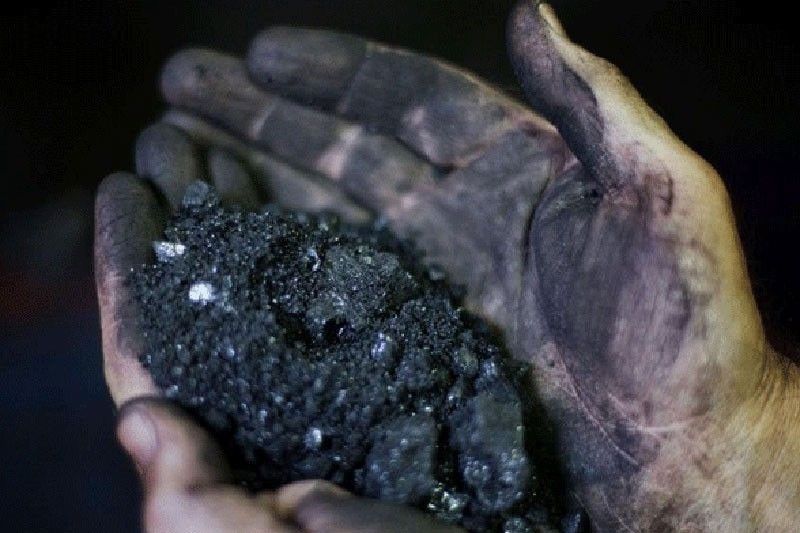Banks urged to stop financing coal projects

MANILA, Philippines — Philippine banks are urged to phase out coal lending entirely as a report showed 15 local banks released over $13 billion to finance coal projects in the past decade.
The Coal Divestment Scorecard, published by the Withdraw from Coal (WFC) Campaign, showed that 15 Philippine banks channeled $13.42 billion to coal developer companies and coal projects from 2009 to 2019.
“Philippine banks and other financiers have caused the expansion of coal in the past decade, thanks to their financial services to coal developers and project. Withdraw from Coal continues to urge Philippine banks to have policies and timelines to phase out coal in their work,” said Bishop Gerry Alminaza of the Diocese of San Carlos, co-convenor of WFC.
The Coal Divestment Scorecard, based on a criteria launched by the network of civil society groups, church leaders, environmentalists, and faith-based groups was released earlier in May.
WFC since engaged with these banks to ensure a participative grading process, an effort which was varyingly welcomed by at least eight banks.
“We, however, appreciate how open the bank has been to engaging with stakeholders in WFC, and believe that its score would improve in future rounds of grading, if only the hopes they shared for a power portfolio dominated by renewables by the end of this decade will be translated into a public position against coal,” said Gerry Arances, executive director of the Center for Energy, Ecology, and Development (CEED).
He said BPI is one of the banks leading the way in terms of climate action and sustainability efforts.
In June last year, BPI established the Green Finance Framework, highlighting its long-standing commitment to fund projects with clear environmental benefits.
It details guidelines for the following with respect to any green bonds or loans to be issued by the bank: evaluation and selection of eligible projects, management of proceeds and reporting.
The framework is aligned with the International Capital Market Association Green Bond Principles, the ASEAN Green Bond Standards, and the Loan Market Association Green Loan Principles.
RCBC, the bank which recently declared that it would no longer be financing coal, leads among local banks in divestment efforts, but only with a measly 0.673 score as the bank has yet to disclose its policy against coal, the report said.
RCBC president and CEO Eugene Acevedo recently said the Yuchengco-led bank would no longer fund new coal power projects moving forward.
“Moving forward, all our loans for energy projects will be non-coal, it will be 100 percent non coal,” he said.
Acevedo said the trend in the banking industry is to move away from coal funding, with no big loans to the traditional power technology in the last two years.
RCBC will focus its lending on clean energy projects such as renewable and gas-fired plants.
What is needed next from the Philippine banks is a coal exit plan for their financing, using transparent criteria for a continuous coal phase-out ending no later than 2040. Only then, banks can claim to truly support the 1.5° limit of Global Warming that was agreed upon in Paris,” said Katrin Ganswindt of German research organization Urgewald.
WFC said the scoring process was modeled after the practice of international fossil fuel finance research organizations such as Urgewald and Reclaim Finance, the groups behind earlier initiatives such as the Coal Policy Tool and the Global Coal Exit List, a coal exposure assessment tool being used by the likes of the International Finance Corp. (IFC).
WFC intends to send the grading outcome to the 15 banks and continue engaging them toward next rounds of assessment.
“It is our hope that through this initiative, we are able to assist the banks in reevaluating their responsibilities in the climate sphere and towards the Filipino public,” Alminaza said.
- Latest
- Trending


























